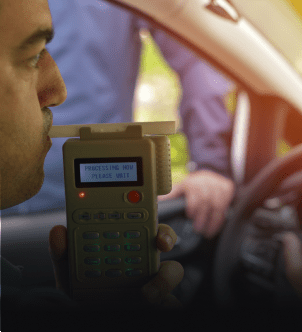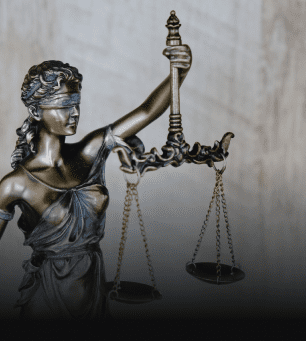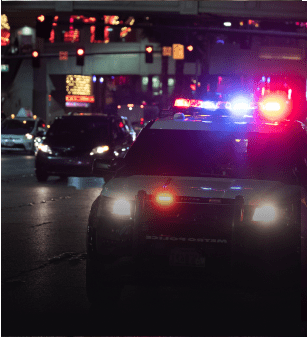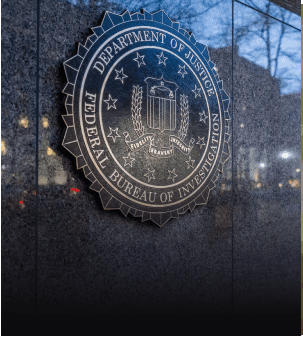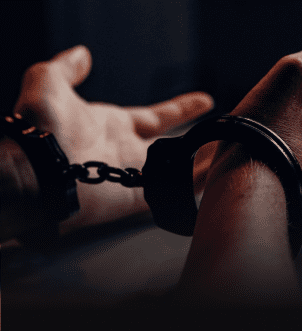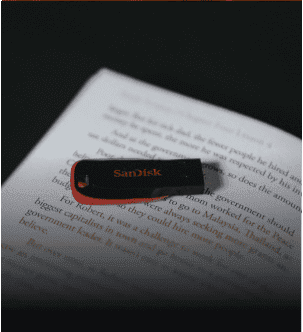Your Criminal
Defense Team
Leveraging Both Sides Of The Law To Provide The Strongest Defense Possible. One of CNY’s Most Knowledgeable and Experienced Criminal Defense & DWI Law Firms.
Message Your Team
Our Google Reviews
Hear from our clients:
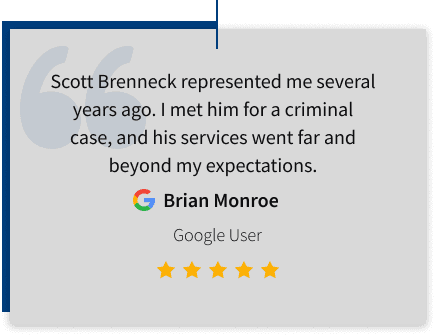






Types of Cases
Cambareri & Brenneck is a firm founded by and comprised of former prosecutors. Because our attorneys have experience on both sides of the courtroom, we know how to get results.
Trust Central New York’s
Most Experienced
Criminal &
DWI
Defense Team
Your Criminal
Defense Team
Cambareri & Brenneck is a firm founded by and comprised of former prosecutors. Because our attorneys have experience on both sides of the courtroom, our clients can trust that their case will be effectively navigated through the criminal justice system. Every viable avenue toward a positive outcome will be exhaustively pursued.
Your Criminal Defense Team

Steve Cambareri
Partner, Attorney

Scott A. Brenneck
Partner, Attorney

Judge John
Centra (Ret.)
Special Counsel

Melissa K. Swartz
Attorney

Joe Centra
Attorney

Ken Tyler
Attorney

Michele Previte
Office Manager











